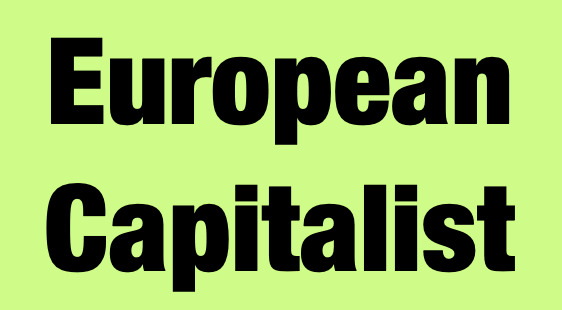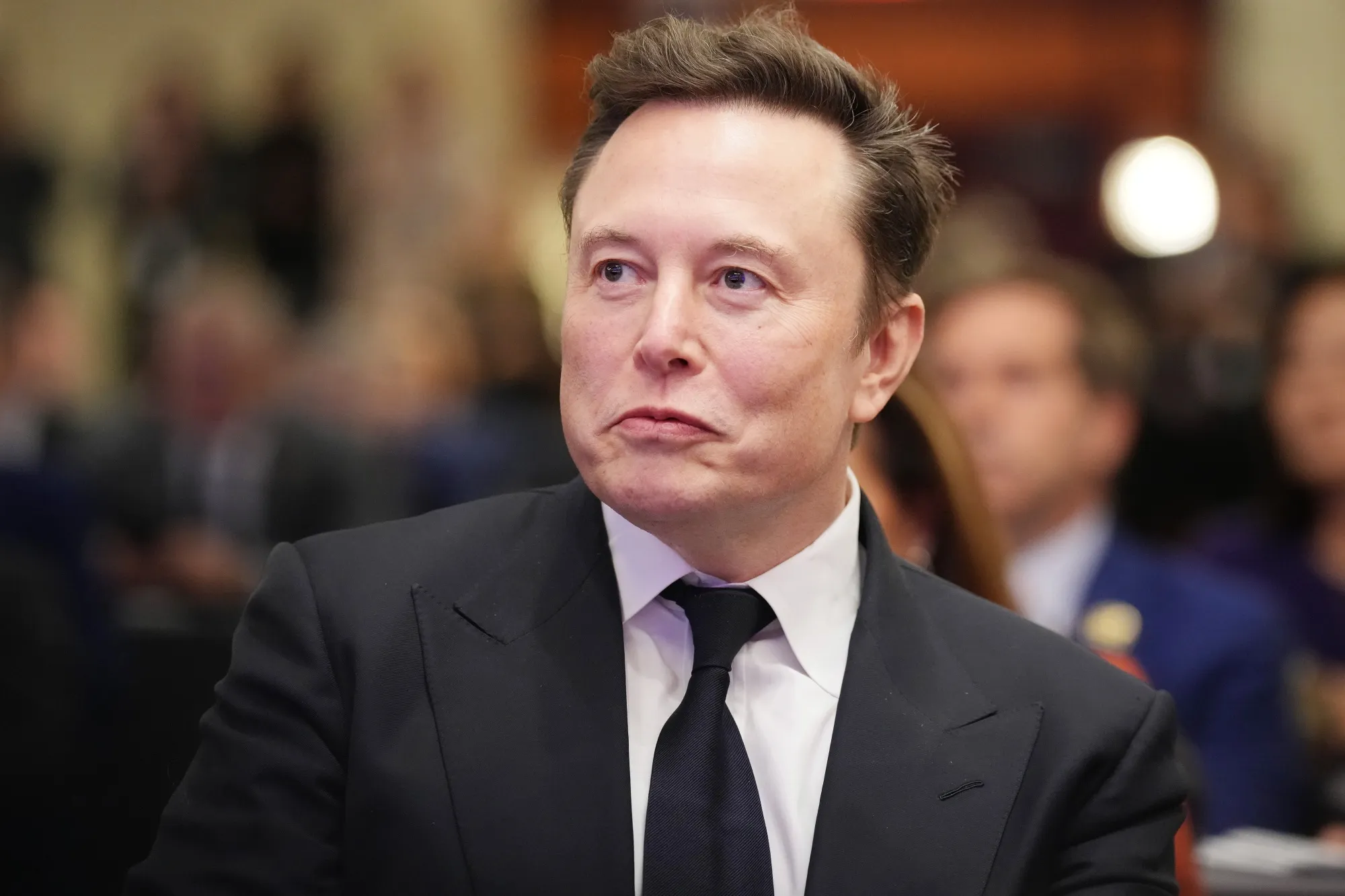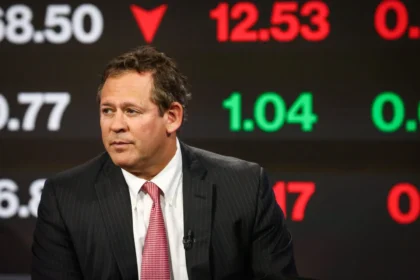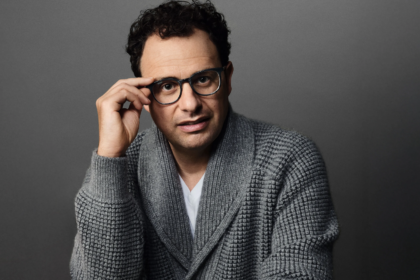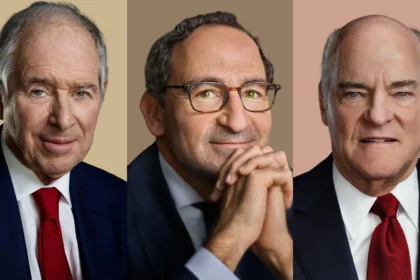Elon Musk’s historic $1 trillion compensation package at Tesla has sparked renewed controversy — this time from one of the world’s most powerful investors. Norway’s $1.7 trillion sovereign wealth fund, the world’s largest, announced its opposition to reinstating the billionaire’s massive pay award, citing concerns about corporate governance, accountability, and the scale of executive compensation.
The move underscores growing unease among institutional investors about the influence of Musk’s leadership, as well as broader questions about how Tesla balances visionary innovation with shareholder oversight.
A Pay Package Like No Other
At the heart of the debate is Musk’s unprecedented compensation plan, first approved by shareholders in 2018. The package, valued at roughly $55 billion at the time — and now widely referred to as a potential $1 trillion award given Tesla’s market performance — ties Musk’s compensation entirely to ambitious growth milestones based on revenue and market capitalization.
Under the plan, Musk receives no salary or bonus. Instead, he earns tranches of Tesla stock options as the company achieves specific performance targets. By 2023, Tesla had hit nearly all of those goals, propelling the company’s valuation beyond $1 trillion at its peak.
But critics argue that the structure has become excessively generous and detached from shareholder interests. In January 2024, a Delaware court voided the award, calling it “an unfathomable sum” and citing flaws in how Tesla’s board negotiated the deal. Musk has since pushed for a new shareholder vote to reinstate it — prompting the latest backlash.
Norway’s Fund Draws a Line
Norges Bank Investment Management (NBIM), which manages Norway’s sovereign wealth fund, announced that it would vote against the reinstatement of Musk’s pay package ahead of Tesla’s upcoming shareholder meeting.
NBIM owns roughly 1.5% of Tesla’s outstanding shares, making it one of the automaker’s largest institutional investors. In its statement, the fund said it supported “strong alignment between pay and performance,” but added that the scale and structure of Musk’s award raised “significant governance concerns.”
The fund also noted that the Tesla board’s close ties to Musk — several members are personal allies or long-time associates — compromised its independence. “We remain concerned about the board’s ability to exercise effective oversight of the CEO,” NBIM said in its filing.
This isn’t the first time Norway’s fund has opposed a Musk compensation plan. It voted against the same package in 2018, and its stance now signals a broader shift in institutional sentiment toward executive pay excesses at major tech firms.
Musk’s Response: “If I’m Not in Control, I’ll Build Elsewhere”
Musk’s reaction to the opposition has been characteristically defiant. He has repeatedly stated that his continued involvement in Tesla depends on having significant control and the financial incentives to match.
In a post on X (formerly Twitter), Musk wrote:
“I’m not looking for cash. I’m looking for influence to ensure Tesla leads the way in AI and robotics. If not here, I’ll do it somewhere else.”
The statement rattled investors, with Tesla shares briefly dipping after Musk hinted that he could shift his focus to other ventures — including xAI, his artificial intelligence company, and SpaceX, where he maintains a much firmer grip.
Critics, however, view such remarks as a form of shareholder pressure. “Musk’s threats to walk away if he doesn’t get his package are troubling from a governance standpoint,” said Sarah Hunt, a portfolio strategist at Alliance Capital. “No CEO should hold the board hostage — no matter how visionary.”
Shareholder Tensions Mount
Tesla’s upcoming shareholder vote has become a battleground between retail investors — many of whom passionately support Musk — and institutional investors emphasizing governance and restraint.
Individual investors, who collectively hold a significant share of Tesla’s float, have mobilized across social media platforms to vote “Yes” in favor of reinstating Musk’s award. Campaigns with hashtags like #VoteYesForElon have trended online, with supporters arguing that Musk deserves every cent for transforming Tesla into the world’s most valuable automaker.
“Without Elon, there is no Tesla,” one investor wrote in a viral post. “You don’t cut the man who created the most successful clean-energy company in history.”
However, major institutions are less convinced. Alongside Norway’s fund, other large investors — including CalPERSand several European pension funds — are expected to follow suit in opposing the package. Proxy advisory firms ISSand Glass Lewis have also issued recommendations against the deal, citing weak board independence and excessive dilution risk for shareholders.
A Broader Reckoning Over CEO Power
The controversy highlights a deeper question in corporate governance: how much power is too much for a single CEO, even one as transformational as Musk?
In recent years, Tesla has become synonymous with Musk’s personal brand. His decisions — from bold product launches to erratic social media behavior — have repeatedly moved the company’s stock price. Some investors worry that the Tesla board lacks the ability to challenge Musk or rein in potential excesses.
“Elon Musk has achieved incredible results,” said a former Tesla executive. “But the board must ensure Tesla can function beyond his shadow. That’s the real test of governance — succession and sustainability.”
Musk, however, remains the central architect of Tesla’s future. The company’s next wave of innovation — in self-driving technology, humanoid robots, and AI software — is tightly linked to his vision and leadership. That interdependence complicates any effort to impose limits without risking an exodus of talent and investor confidence.
Tesla’s Market Position at a Crossroads
Despite the pay controversy, Tesla remains one of the most closely watched companies in global markets. Its valuation, which topped $1 trillion in 2021, has fluctuated sharply amid competition from Chinese EV makers, a slowdown in global demand, and questions about Musk’s focus as he juggles multiple companies.
Tesla’s recent earnings reports show slowing growth in EV deliveries but rising momentum in software and AI-related revenues. Investors are divided: some view Tesla as a car company facing margin pressure; others see it as an emerging tech platform positioned for dominance in robotics and autonomous systems.
“The valuation depends entirely on faith in Musk’s execution,” said Ben Harker, an auto sector analyst at UBS. “Without him, Tesla’s premium disappears. But with him, governance risk increases. It’s a double-edged sword.”
Conclusion: A Symbolic Showdown Over Corporate Power
Norway’s opposition to Musk’s award is more than a vote against one CEO’s paycheck — it’s a symbolic stand against the growing concentration of power in corporate leadership. As Tesla prepares for its shareholder showdown, the outcome will likely reverberate far beyond the company itself.
If Musk wins, it will reaffirm his unrivaled influence and set a precedent for performance-based mega-compensation. If he loses, it could force Tesla’s board to rethink its governance structure and redefine how visionaries are rewarded in a post-hypergrowth era.
Either way, the fight over Musk’s trillion-dollar prize has become a referendum on how modern capitalism treats its icons — and whether shareholders still have the final say.

